A reliable RV battery is indispensable for any successful journey in your recreational vehicle. The cornerstone of uninterrupted RV travel lies in the performance and endurance of your battery system. In this blog, we delve into the nuances of different types of RV batteries—lithium-ion, Absorbent Glass Mat (AGM), and flooded lead acid. Each type has unique attributes, and understanding these can significantly influence your travel experience by ensuring continuous power and reliability.
Understanding RV Battery Types
Lithium-Ion Batteries
Lithium batteries are becoming the preferred choice for many in the RV community due to their significant advantages over traditional batteries. These batteries offer remarkable deep cycling capabilities, essential for sustaining power over extended periods of use, particularly in remote areas without regular access to external power sources. The ability to undergo numerous deep discharge cycles without significant degradation makes lithium-ion batteries highly efficient and reliable for RV use.
Furthermore, lithium-ion batteries are advantageous due to their high energy density and low weight. This combination allows for greater flexibility in RV design and weight distribution and ensures that these batteries can hold more power longer, requiring less frequent recharging. This particularly benefits long-term travelers who depend on sustained battery power to support their living and travel needs.
AGM Batteries
AGM (Absorbent Glass Mat) technology represents a leap in battery design, particularly for RV use. These batteries incorporate a glass mat separator that absorbs and holds the electrolyte, allowing faster charging and slower discharging than traditional batteries. This sealed design makes AGM batteries virtually maintenance-free and highly reliable, as it eliminates the risks of spills and significantly reduces the gases released during charging.
The durability of AGM batteries also stands out, making them ideal for rugged RV travel. They can endure extreme temperatures and vibrations better than other battery types, which is crucial for maintaining consistent performance in varying environmental conditions. These features make AGM batteries a dependable choice for those seeking a maintenance-free option that does not compromise performance or reliability.
Flooded Lead Acid Batteries
Flooded lead-acid batteries have long been the standard in RV battery systems due to their cost-effectiveness and availability. They operate by a simple mechanism where plates submerged in an electrolyte solution facilitate the electrochemical reactions necessary for power generation. While economical, they require regular maintenance, such as watering and equalizing charges, to keep them functioning optimally.
Despite their need for more upkeep, understanding and properly managing these requirements can extend the life and efficiency of flooded lead acid batteries. This makes them a viable option for those who prioritize budget but are willing to invest time in maintenance. Additionally, when maintained properly, these batteries can offer comparable performance to more modern technologies at a fraction of the cost, making them suitable for many RV enthusiasts.
Key Features of Quality RV Batteries
Deep Cycle Battery Features
The hallmark of a quality RV battery is its deep cycling capability. Deep cycle batteries are designed to provide steady power output over extended periods, which is essential for powering modern RVs' myriad electrical needs. They can be discharged down to 20% of their capacity without damage, which is crucial for extended off-grid living where recharging opportunities may be infrequent.

Comparing the deep cycling performance of different battery types is critical when selecting a battery for RV use. For instance, lithium-ion batteries can handle deeper discharges than AGM or flooded lead acid batteries before needing a recharge. This feature allows RV users to utilize a greater percentage of the battery’s capacity, thereby extending the usable life and efficiency of the battery system.
Battery Maintenance and Care
Ensuring optimal performance from an RV battery involves more than just technical specifications; it requires regular maintenance and strategic care. Storing the battery in a cool, dry place is vital to preserve its lifespan and functionality. This is especially important for batteries like flooded lead acid, where exposure to extreme temperatures can accelerate degradation and reduce efficiency.
Moreover, routine checks and maintenance, such as cleaning terminals and checking fluid levels, are essential practices that prevent potential failures and ensure reliable battery performance. Adhering to these maintenance guidelines helps extend the battery's longevity and ensures that it performs at peak efficiency, which is crucial for the reliability of your RV’s electrical system.
Battery Power and Efficiency
Maximizing the power output from your RV battery is essential for a satisfying travel experience. Ensuring that the battery can fully and effectively hold that charge can dramatically affect the efficiency and longevity of your battery system. Batteries that are frequently only partially charged or are depleted too deeply can suffer from decreased life expectancy and performance issues.
Optimal charging practices are crucial, and using a high-quality charger that matches your battery’s specifications can ensure that your battery charges fully and remains efficient. This approach provides a consistent power supply for all your RV needs and helps prevent the common pitfalls associated with undercharging or overcharging, which can lead to early battery failure.
Warranties and What They Cover
Understanding Warranty Terms
Navigating the complexities of RV battery warranties can often be as crucial as choosing the battery itself. Understanding the specific terms and conditions outlined in your warranty can provide significant peace of mind while on the road. It's essential to know what aspects of battery failure are covered, including defects in materials or workmanship, and to what extent the warranty supports the battery replacement or repair. Warranties can vary widely depending on the battery type and manufacturer, with some offering more comprehensive coverage than others. A thorough understanding of these terms can influence the decision-making process as it highlights the manufacturer’s confidence in their product’s reliable performance and longevity. This understanding is invaluable for maintaining the health of your RV’s power system and ensuring continued support throughout the battery's life.
Comparing Warranty Policies
When comparing warranty policies, it's essential to consider the warranty length, what damages are covered, and the procedures for claiming warranty service. These factors can vary significantly between lithium-ion, AGM, and flooded lead acid batteries. For example, lithium-ion batteries often have more extended warranties due to their longer expected life spans and higher reliability.
This comparison can act as a safety net, reassuring that the selected battery will offer dependable service. It also reflects the manufacturer's commitment to their product's performance standards. Choosing a battery with a solid warranty can mitigate risks and reduce the long-term costs of battery replacement or unforeseen failures.
Claims and Replacement
Understanding how to navigate warranty claims and replacement processes effectively minimizes downtime and ensures your RV is always ready for travel. Familiarizing yourself with the process of filing a claim, the typical turnaround time for processing claims, and what documentation is required can expedite the procedure when issues arise.
This preparedness ensures that any disruptions from battery failures are handled swiftly and efficiently, restoring your RV’s functionality and reliability without significant delays. It also provides insight into the manufacturer's customer service efficiency and how they honor their warranty commitments, which is critical for maintaining confidence in your RV’s battery system.

Choosing the Right RV Battery for Long-Term Travel
Assessing Battery Needs
Determining the correct battery for your RV involves more than just understanding different battery types. It requires a careful assessment of your specific power needs, travel habits, and the electrical demands of your RV. This evaluation should consider the total power usage of all devices and appliances that depend on the battery, the typical travel duration, and access to recharging facilities. This comprehensive approach ensures that the selected battery meets and exceeds the necessary power requirements. It also helps you choose a battery that can deliver consistent performance throughout life, enhancing your travel experience and ensuring peace of mind.
Lithium vs. AGM vs. Lead Acid
Choosing between lithium, AGM, and lead-acid batteries involves weighing each option's benefits against its shortcomings. Lithium batteries, for example, offer higher efficiency and less maintenance but come at a higher initial cost. In contrast, AGM batteries offer good efficiency and lower maintenance than lead-acid options, which are cheaper but require regular upkeep.
A detailed analysis of these factors helps make an informed decision that balances cost, maintenance, longevity, and performance. This decision-making process is crucial for ensuring that the battery meets immediate needs and aligns with long-term travel goals and budgets.
Batteries Offer and Market Trends
Keeping abreast of the latest developments in battery technology can influence your decision-making process. Innovations often lead to batteries that offer better performance, enhanced safety features, and greater environmental sustainability. Understanding current market trends can provide insights into emerging technologies that offer significant advantages over existing options. This awareness of new technologies and trends is invaluable for making educated decisions that could impact the efficiency and reliability of your RV battery. It helps navigate the evolving landscape of RV batteries and select a product that offers the best combination of current technology and proven reliability.
The conclusion of choosing the correct RV battery is an essential aspect of planning for a successful and enjoyable journey on the road. This decision affects the day-to-day functionality of your recreational vehicle and plays a pivotal role in enhancing your overall travel experience. By thoroughly understanding your RV battery's warranty terms and conditions, you are better equipped to make an informed choice that guarantees reliability and efficiency. Additionally, engaging in regular evaluation and maintenance routines for your battery is crucial. Such proactive measures are vital in optimizing the performance and extending the lifespan of your battery, ultimately providing you with a greater sense of security and tranquility as you explore new destinations. This diligent approach to battery selection and care ensures that you remain powered and prepared, no matter where your adventures take you.
Regularly reviewing your RV battery needs and the associated warranty options is crucial for maintaining your RV's reliability. Opt for a battery that offers efficiency, reliability, and value. Stay informed, stay prepared, and ensure your RV can take you anywhere you want without a hitch.

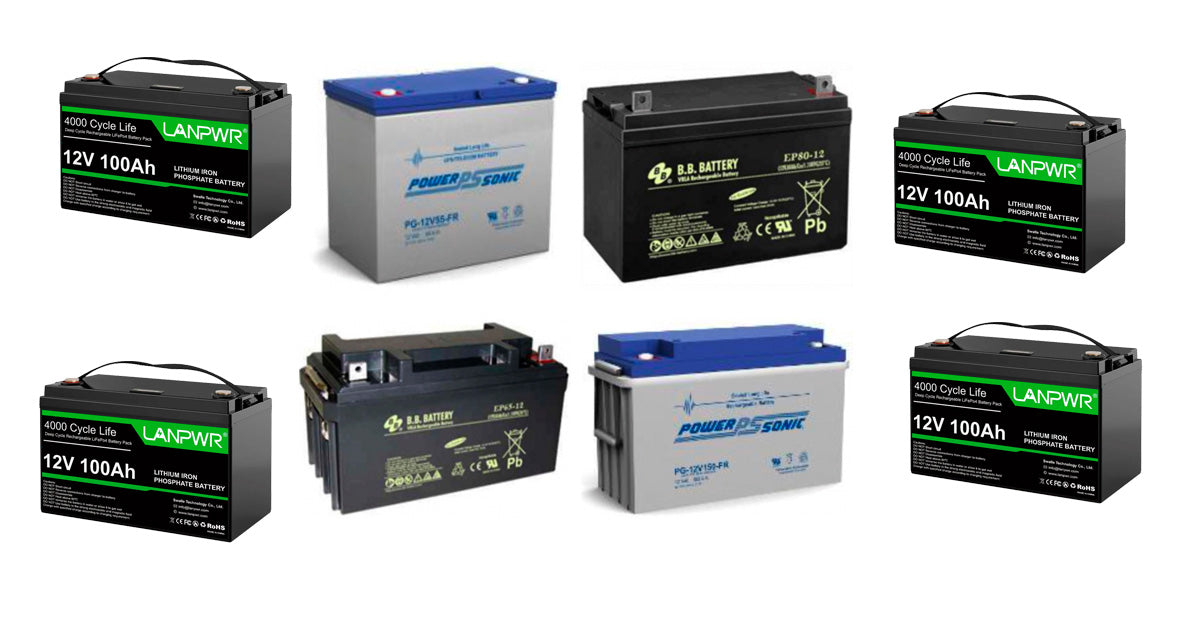
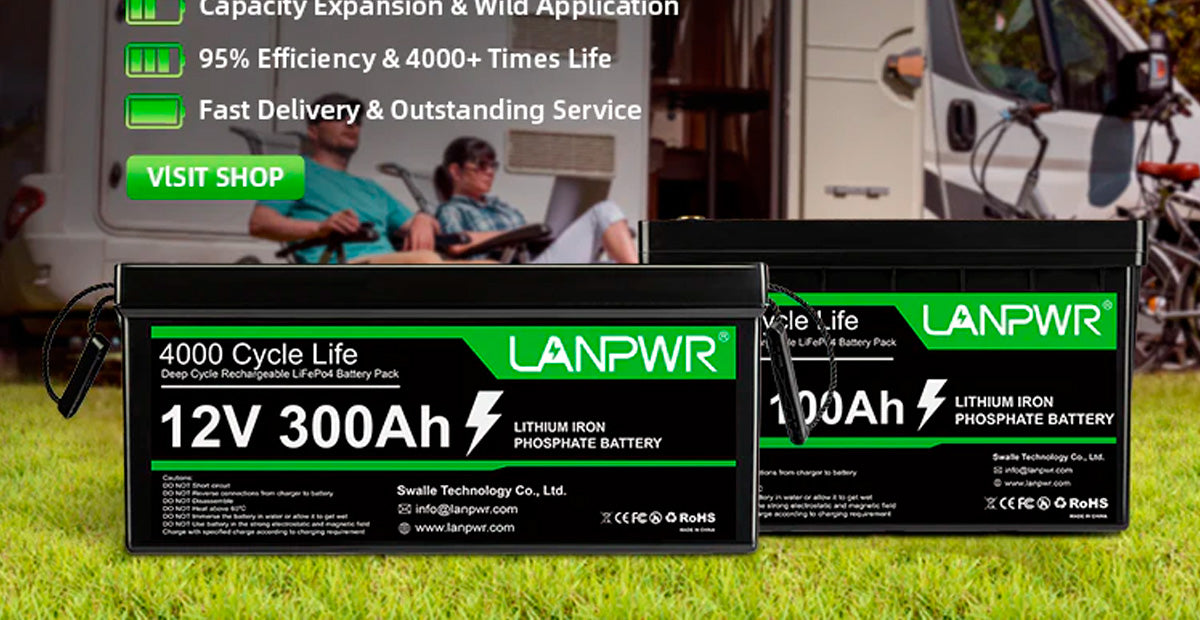
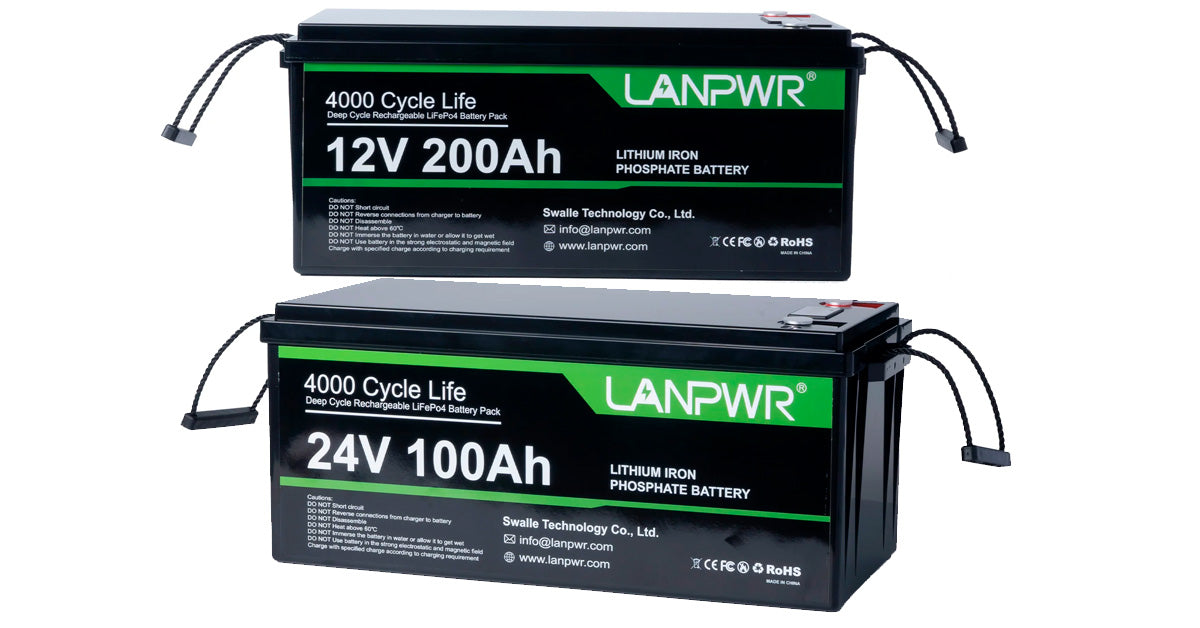
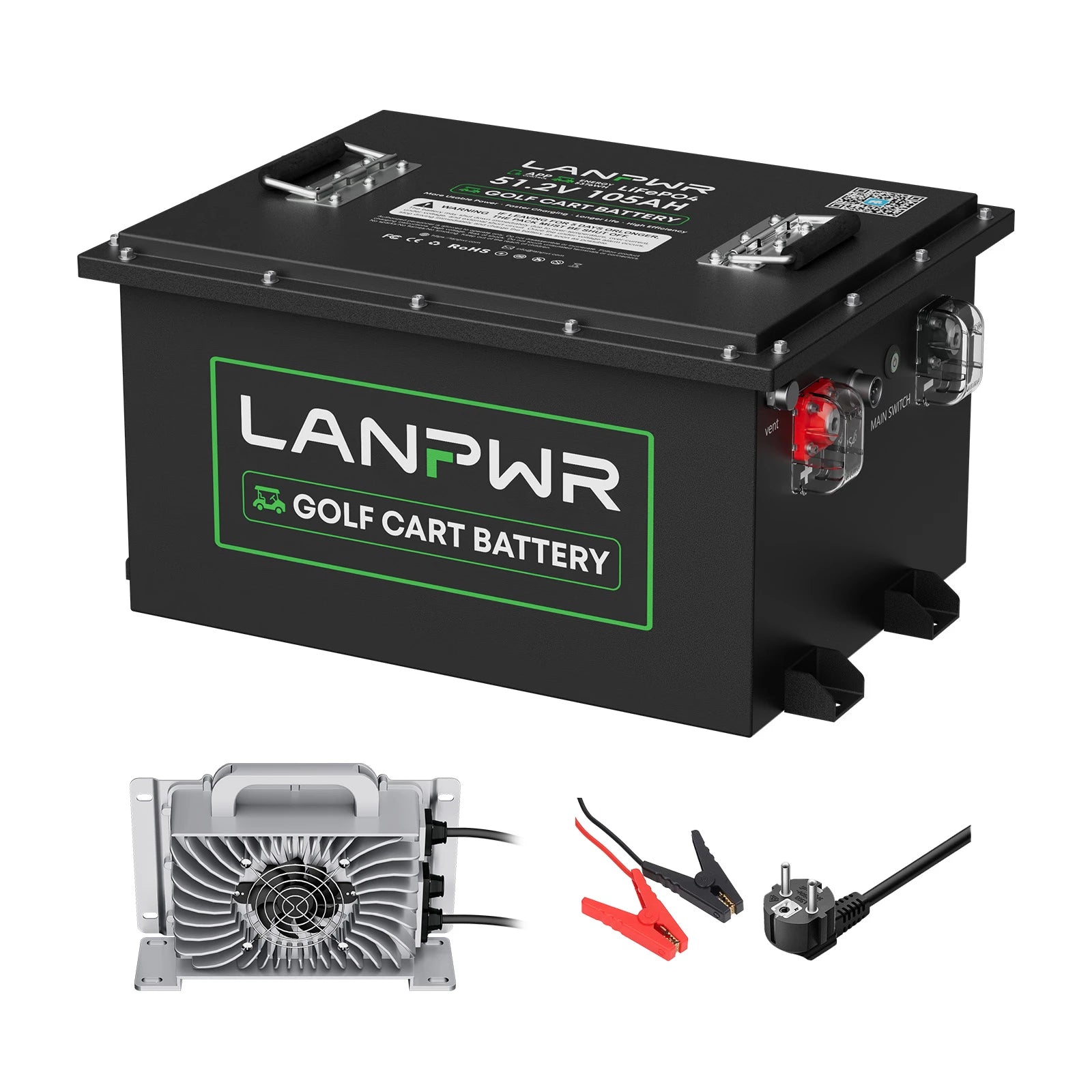
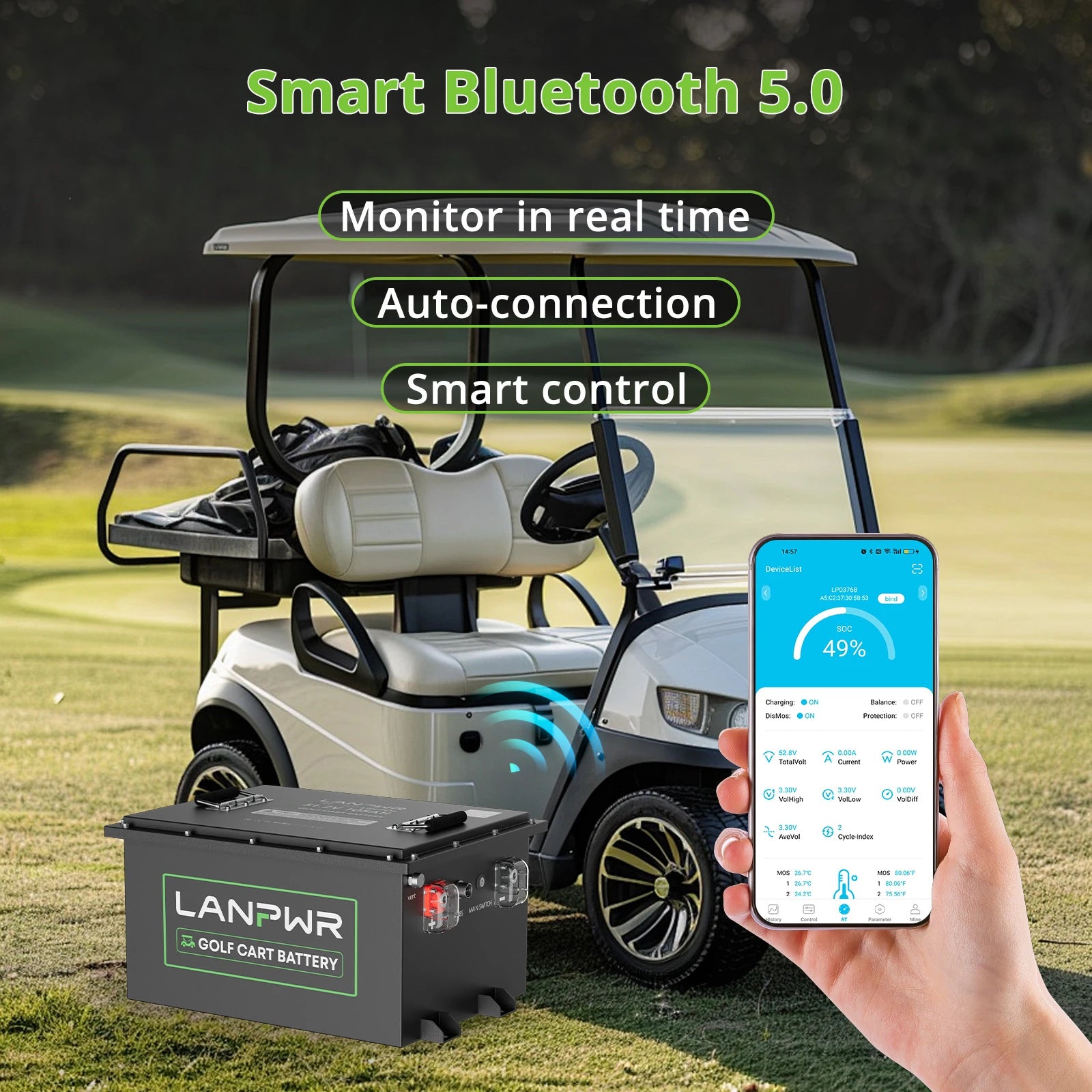
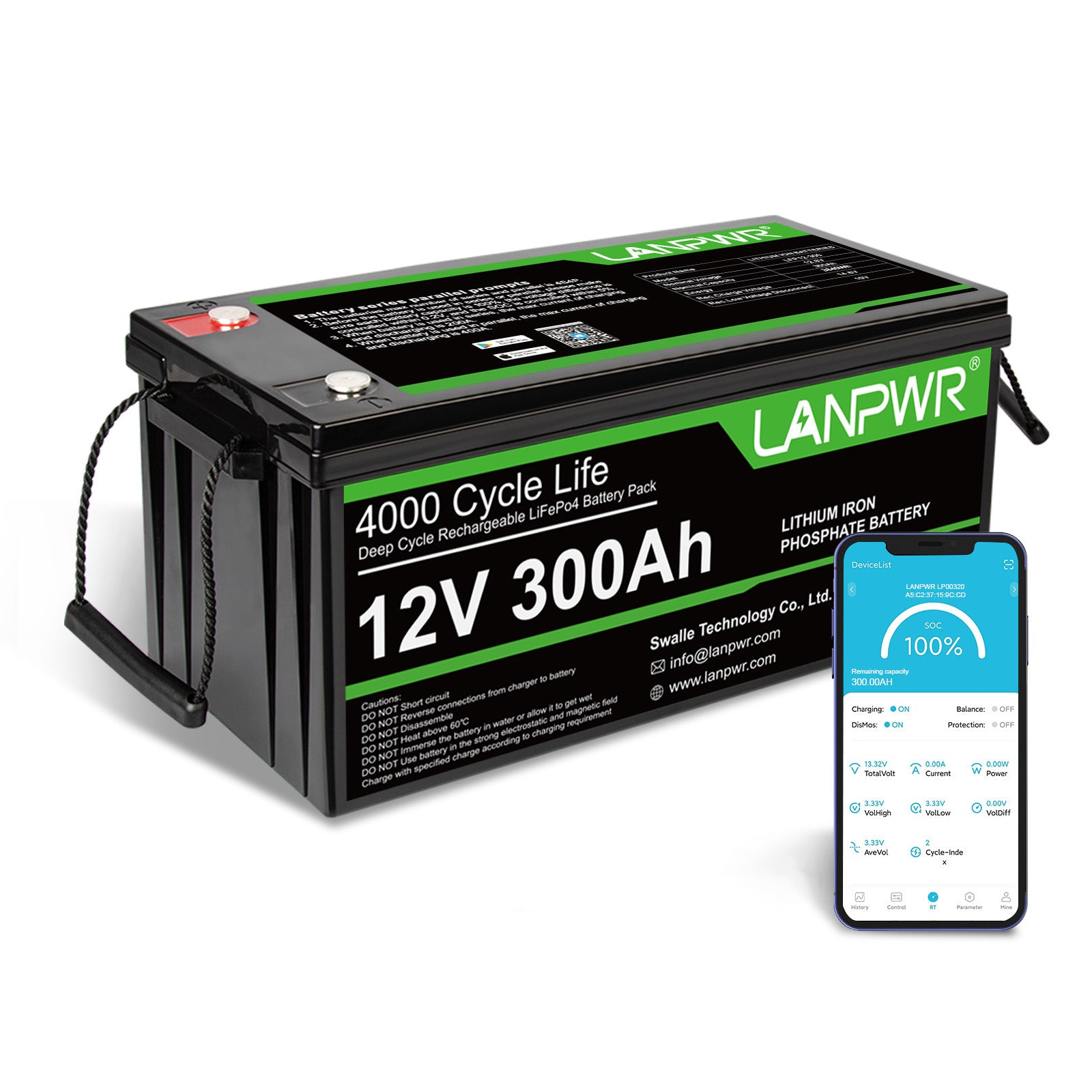
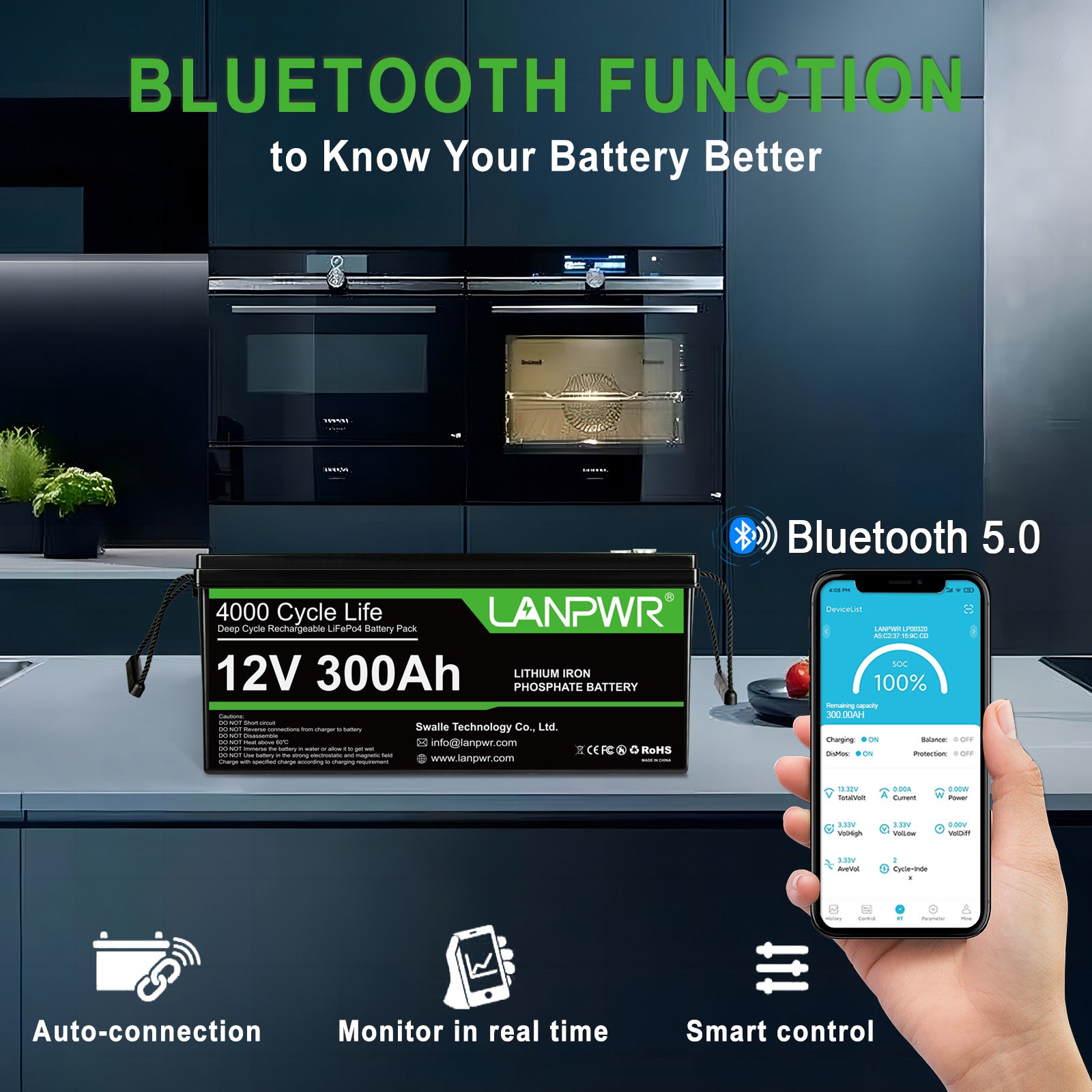
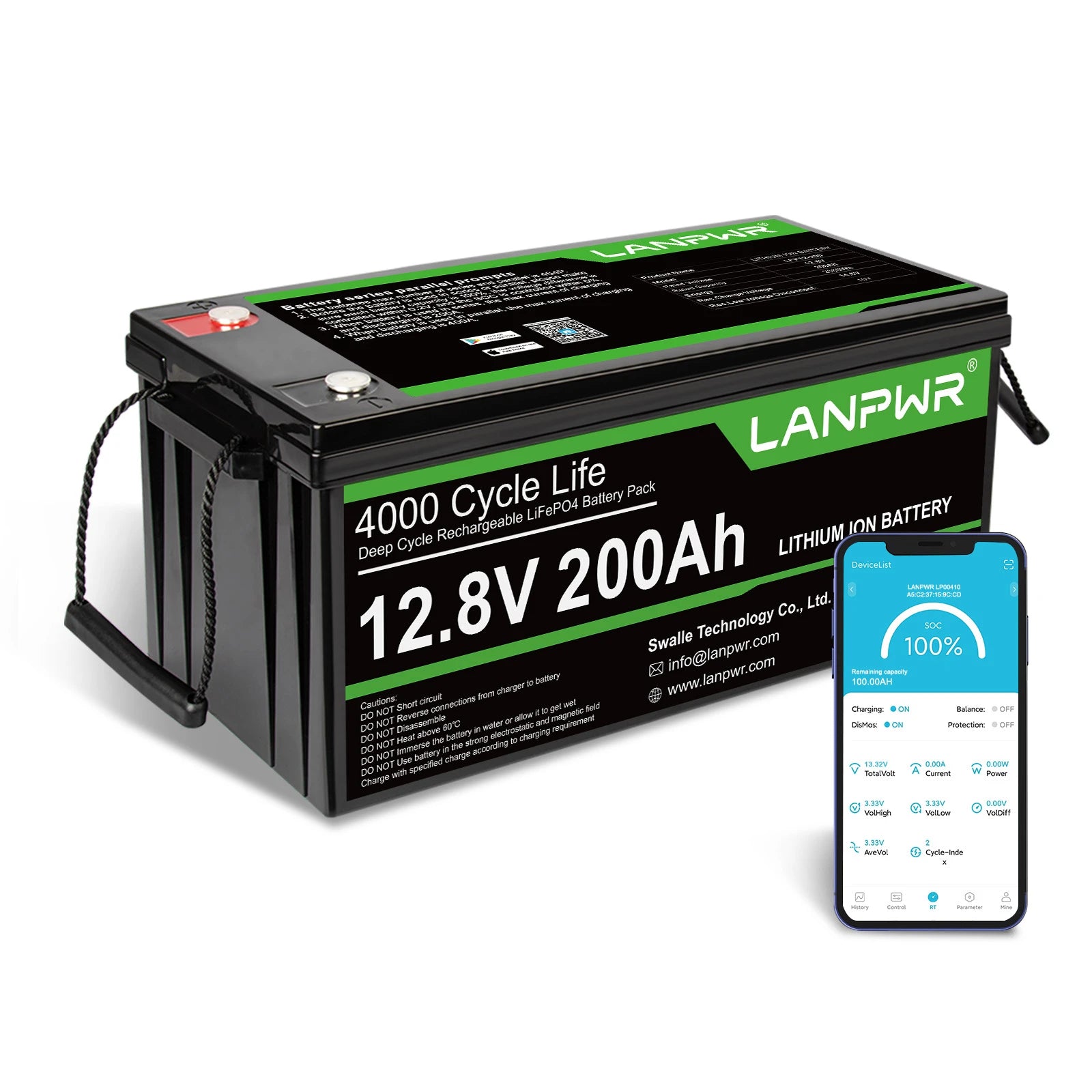
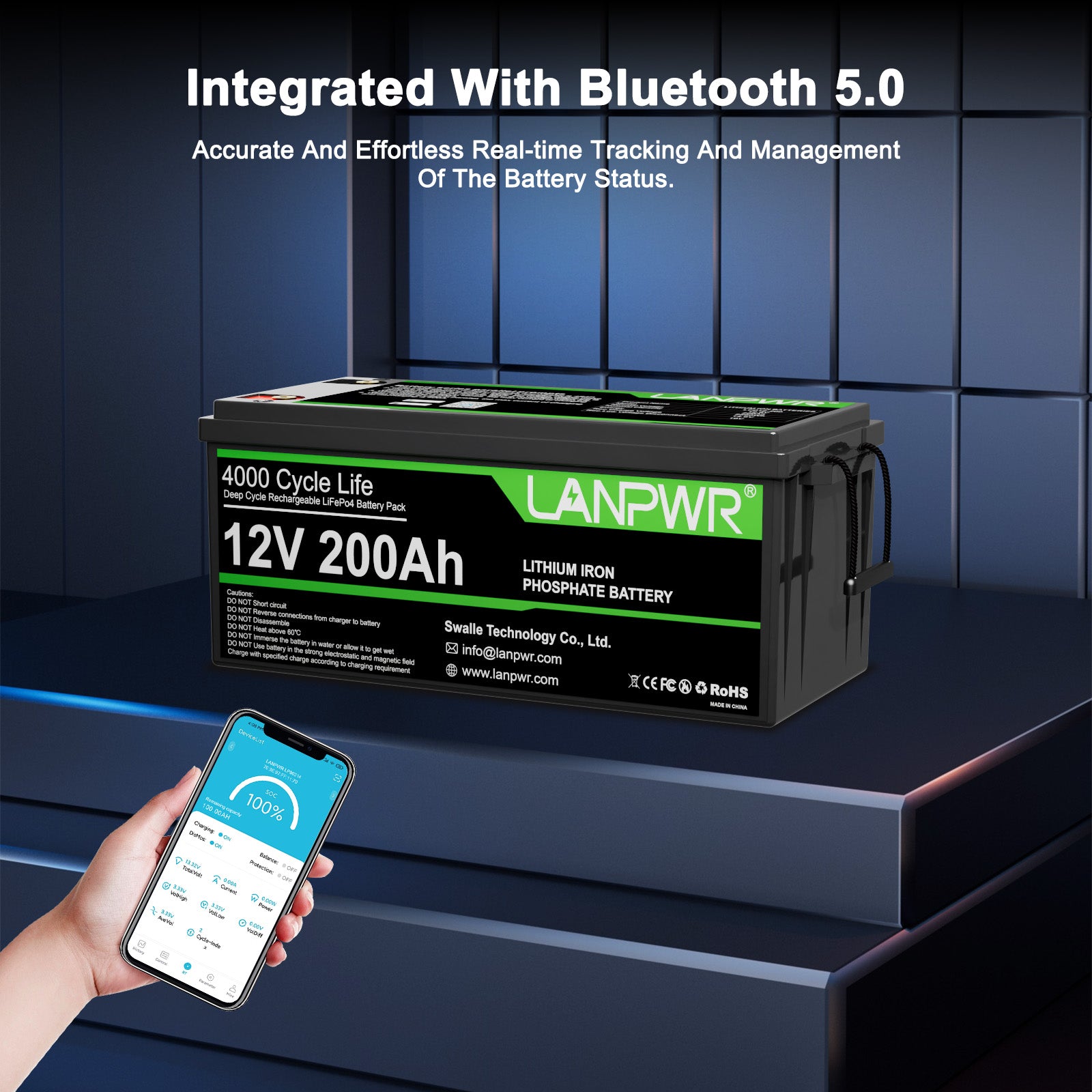
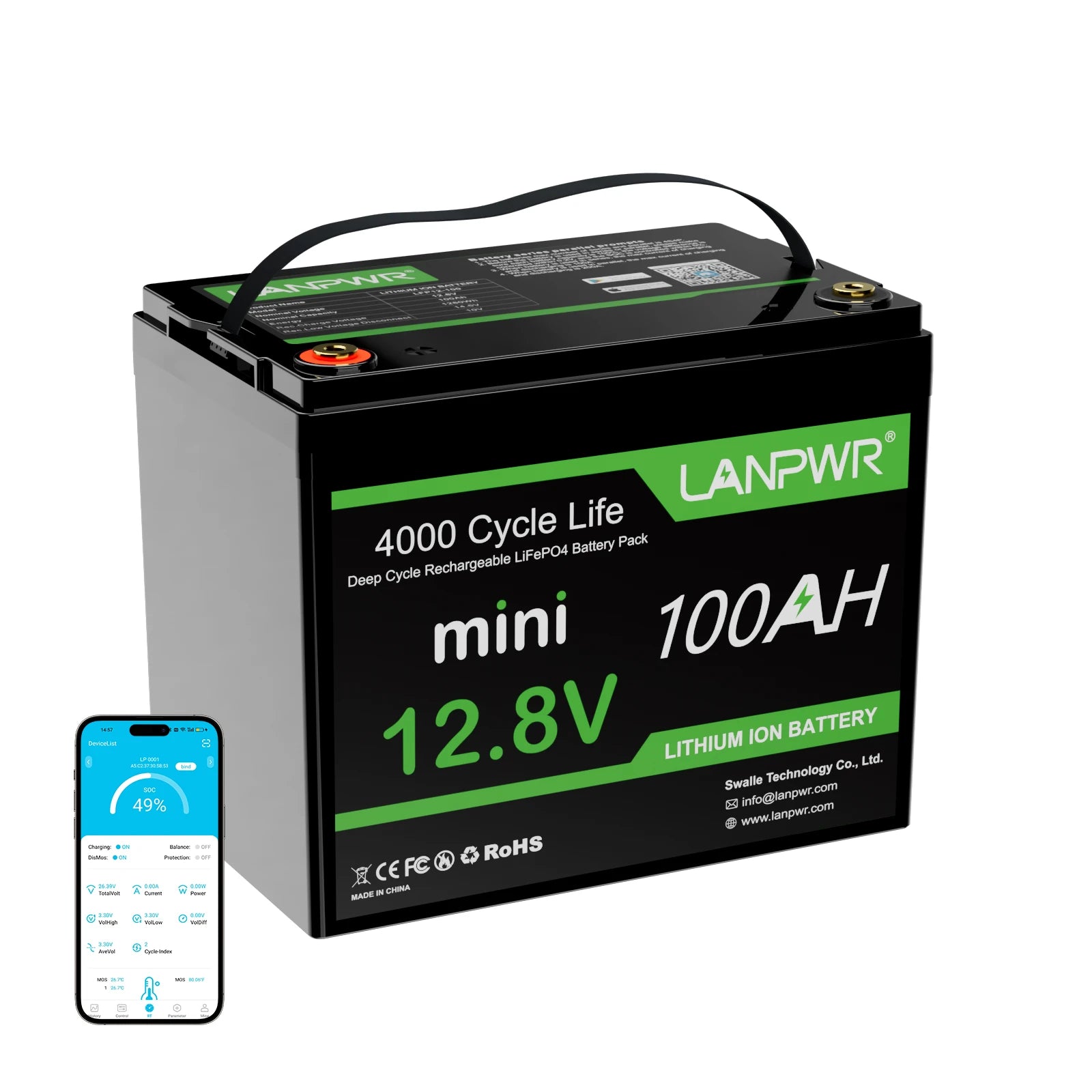

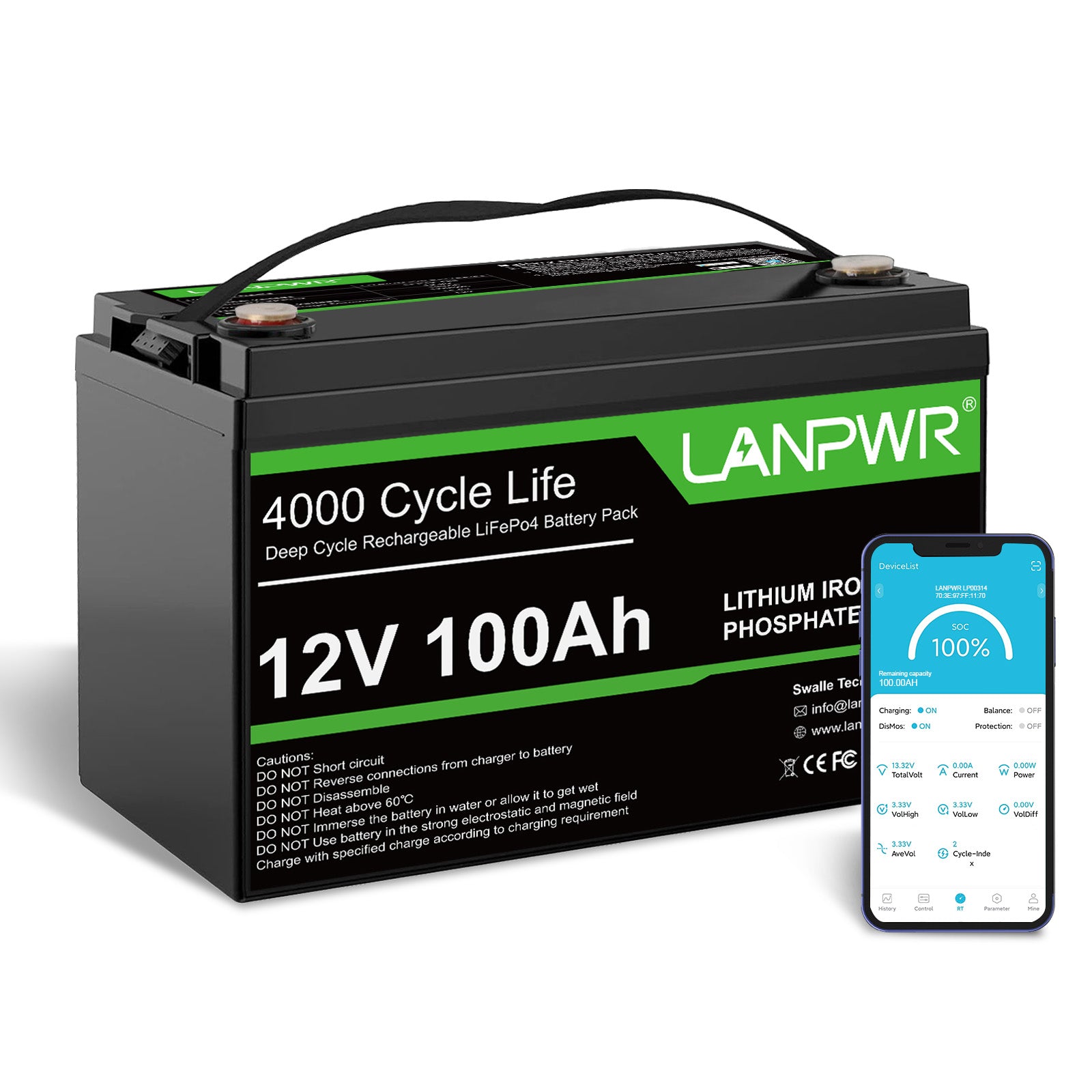
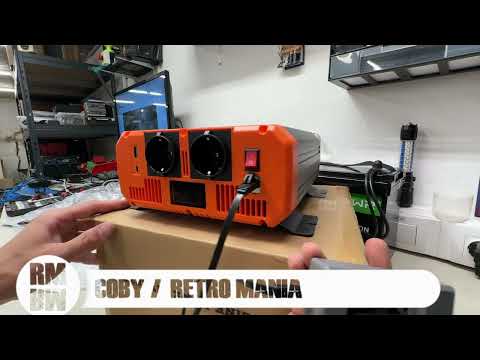
Leave a comment
This site is protected by hCaptcha and the hCaptcha Privacy Policy and Terms of Service apply.